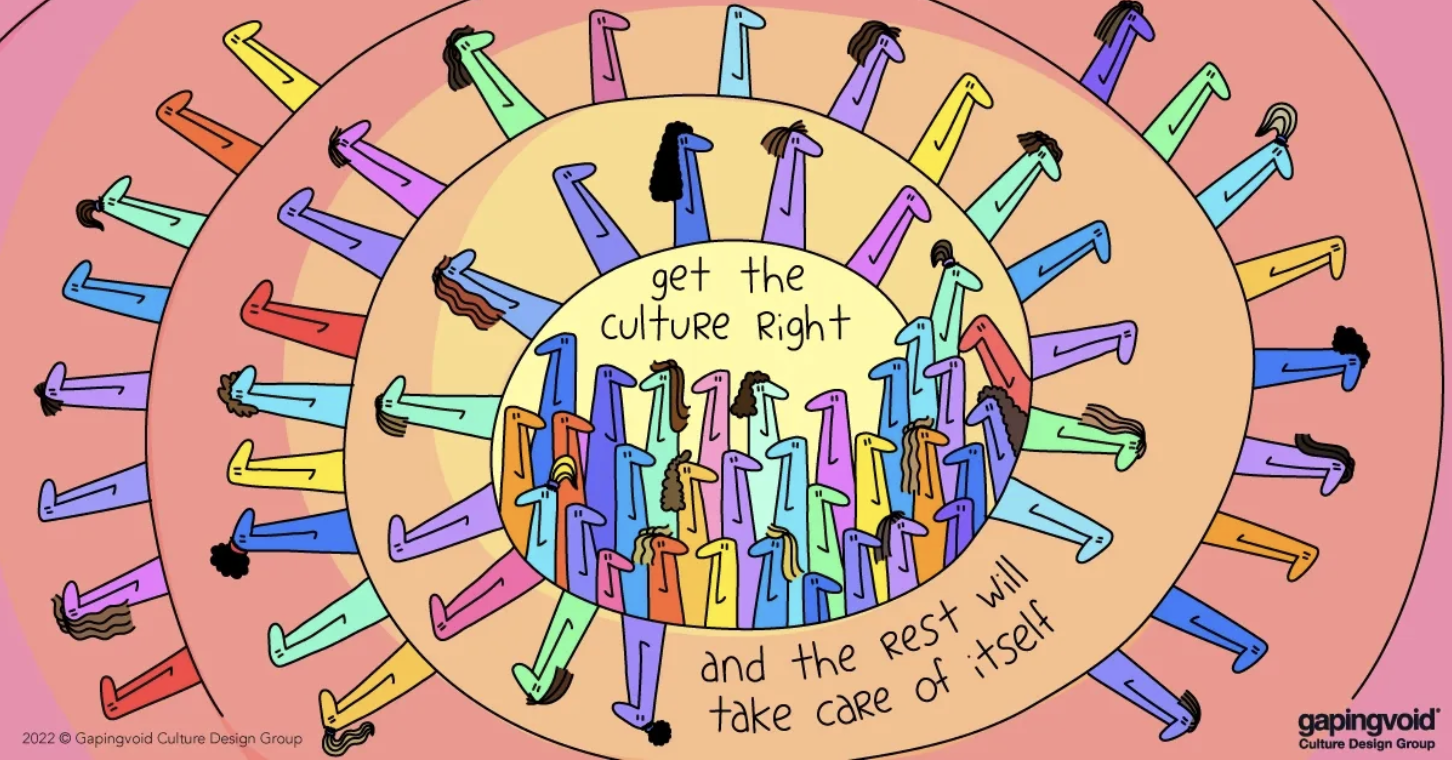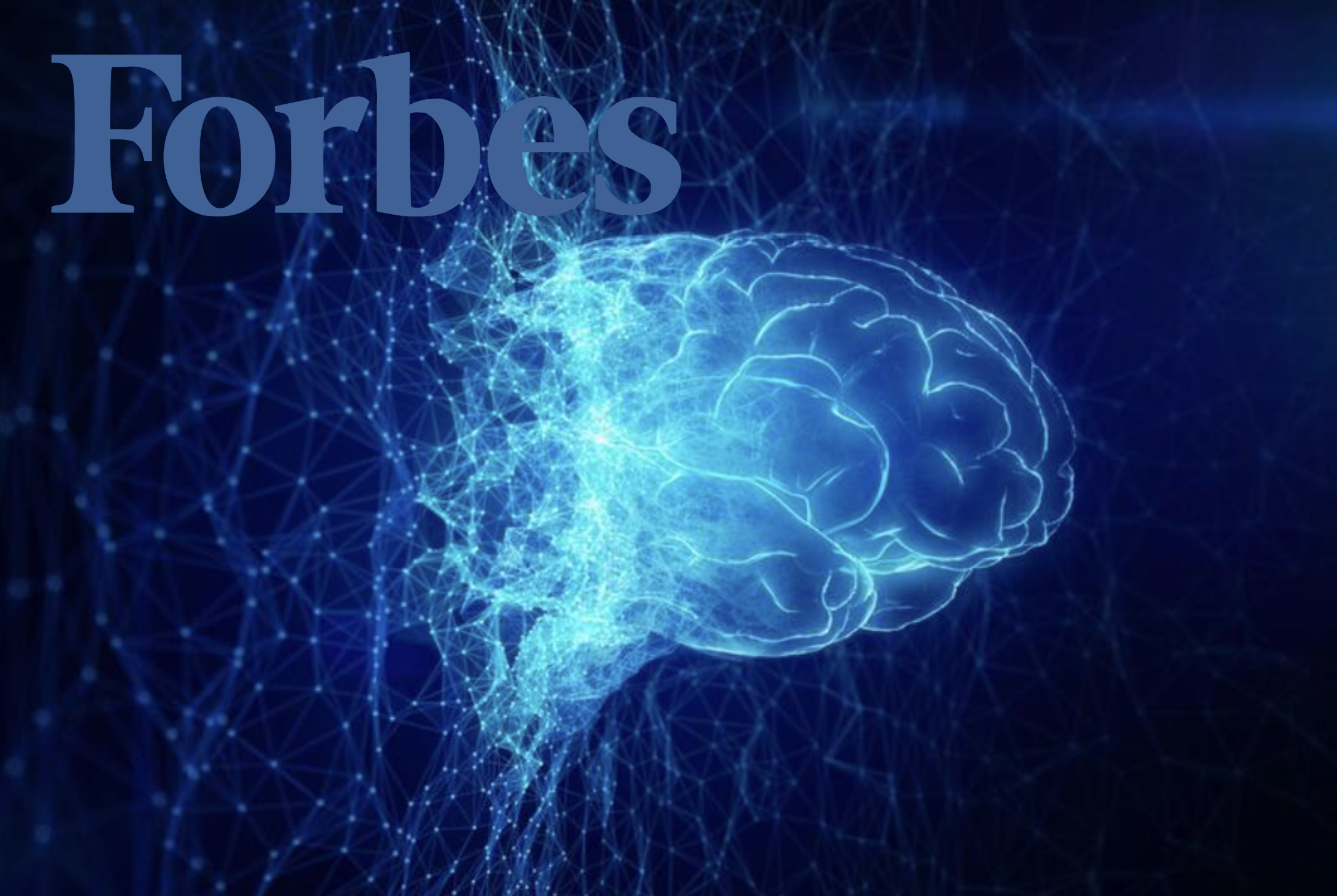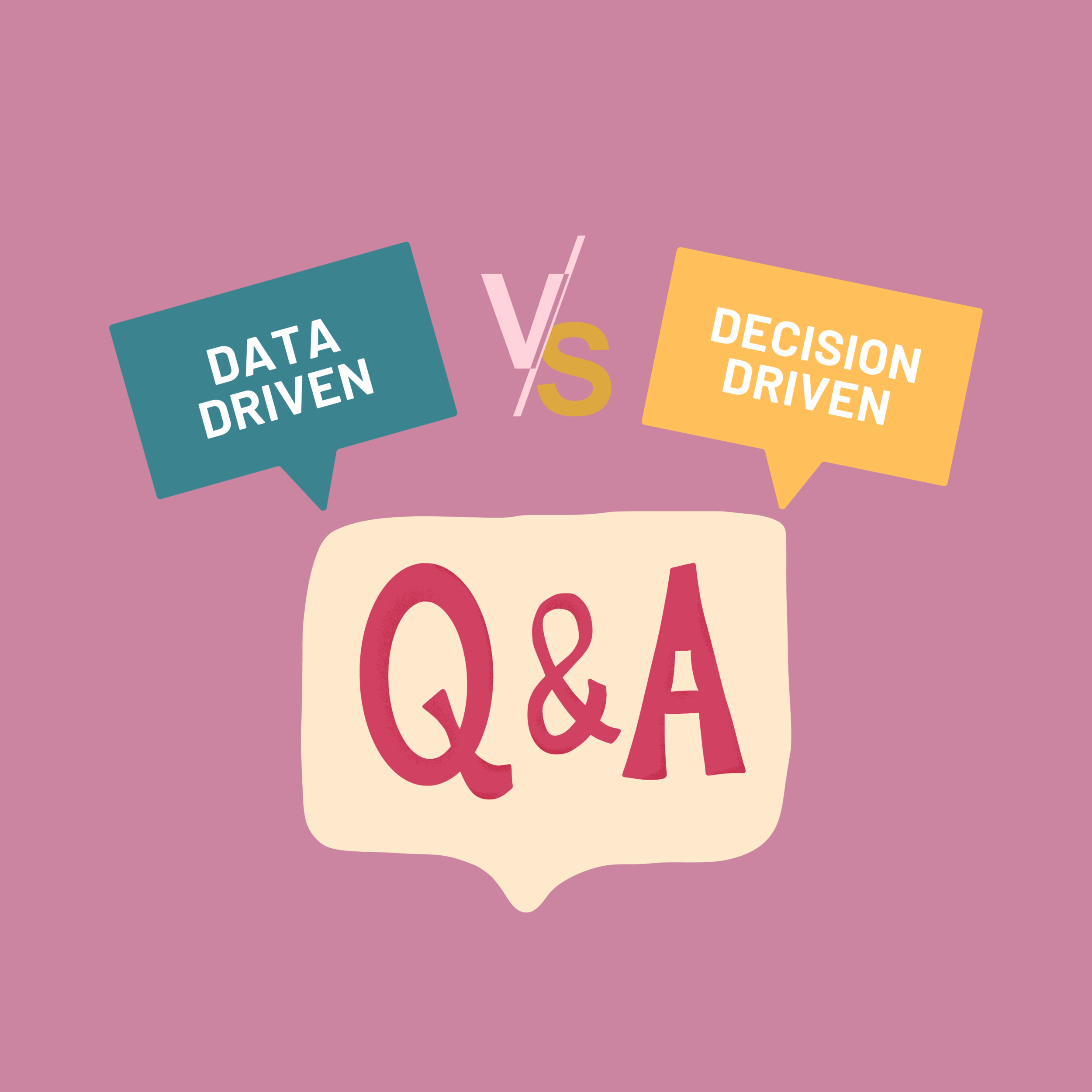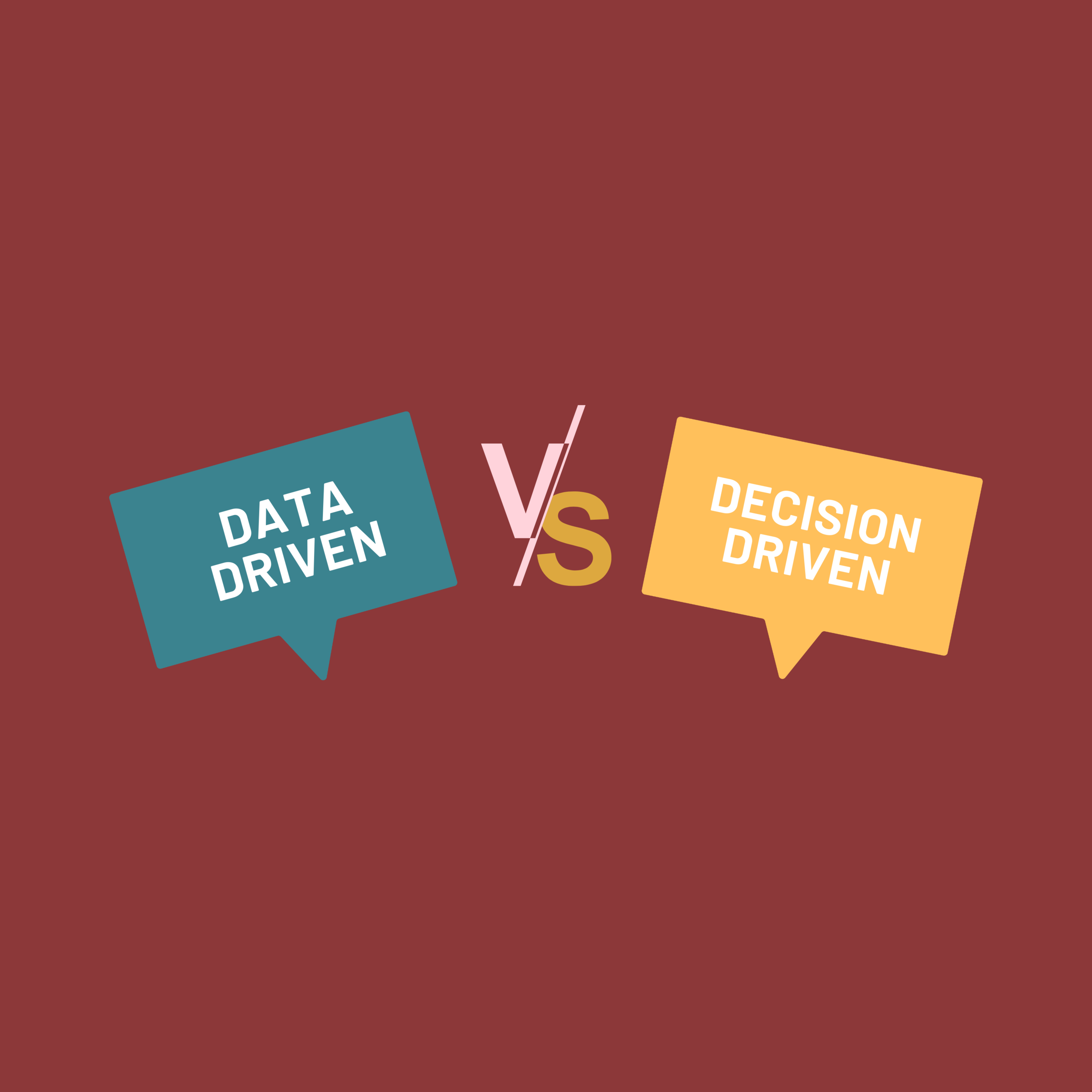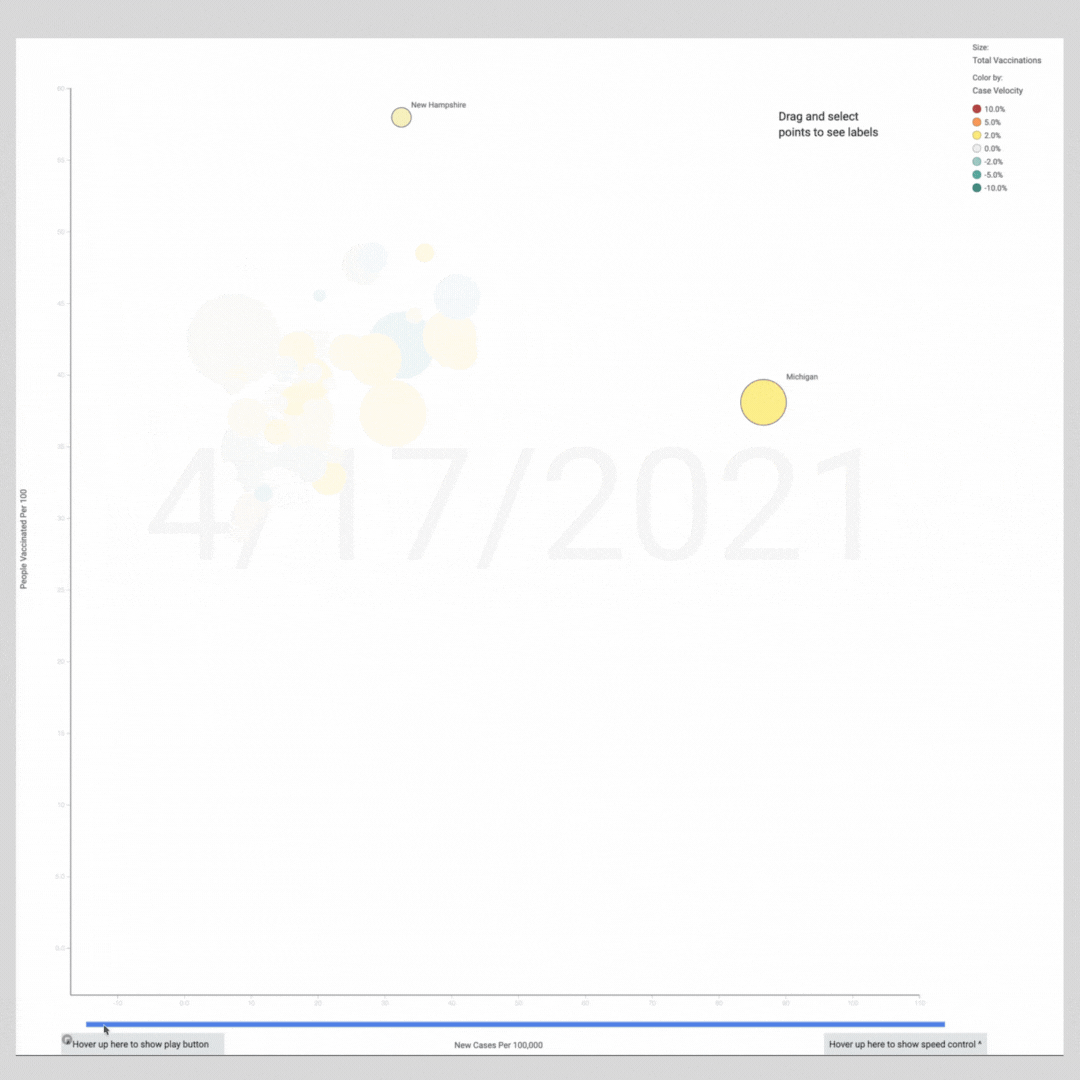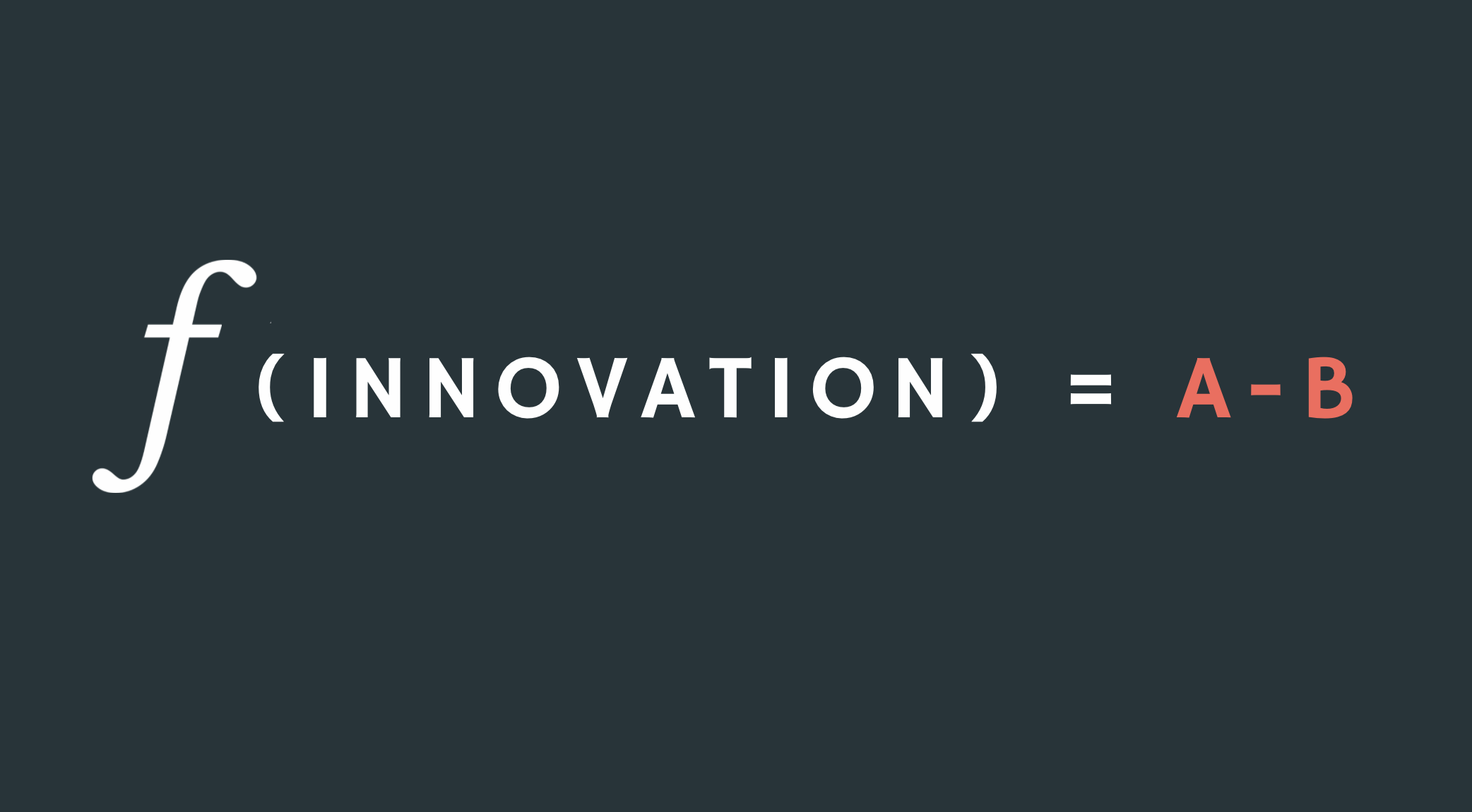Data Science Halo Bias
This is part four of a series on how to build a data science team. Previous posts include how to avoid data science dancing bears and why subtraction might be the best data science algorithm in your bag.
Halo bias is when you believe someone based on your first impression of them. "Data scientist" is an impressive title. After all, who dares question someone artificially intelligent?
Stop doing that!
Data science halo bias runs rampant. But, do you let your accountant decide which house you should buy because he knows your taxes? Do you defer medical decisions to your doctor? Do you let Netflix decide what shows you watch?
Data scientists know math, not your customers. They know what you did, not why you did it. They’ll answer the questions you ask, not the ones you secretly worry about. Yet, their opinions often get too much weight.
Like accountants, doctors and Netflix, data scientists should provide input into decisions. Make them part of a diverse decision-making team. But question their assumptions. Challenge their declarations. Clarify math-mumbo-jumbo.
AI and data science are here to stay. But as you work with data scientists, don’t unconsciously put them in charge.

This article was inspired by Leading With Decision-Driven Data Analytic by Bart de Langhe, a behavioral scientist and marketing professor at University Ramon Llull, ESADE, and Stefano Puntoni, a professor of marketing at the Rotterdam School of Management at Erasmus University and the director of the Psychology of AI lab at the Erasmus Centre for Data Analytics.

